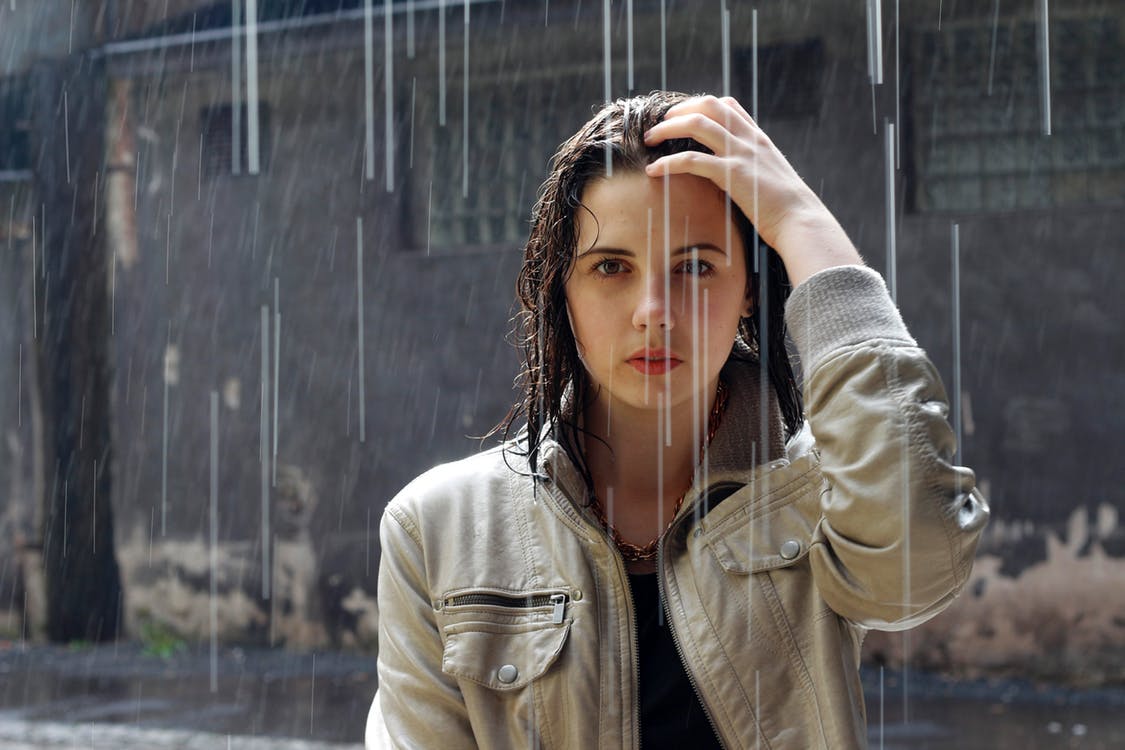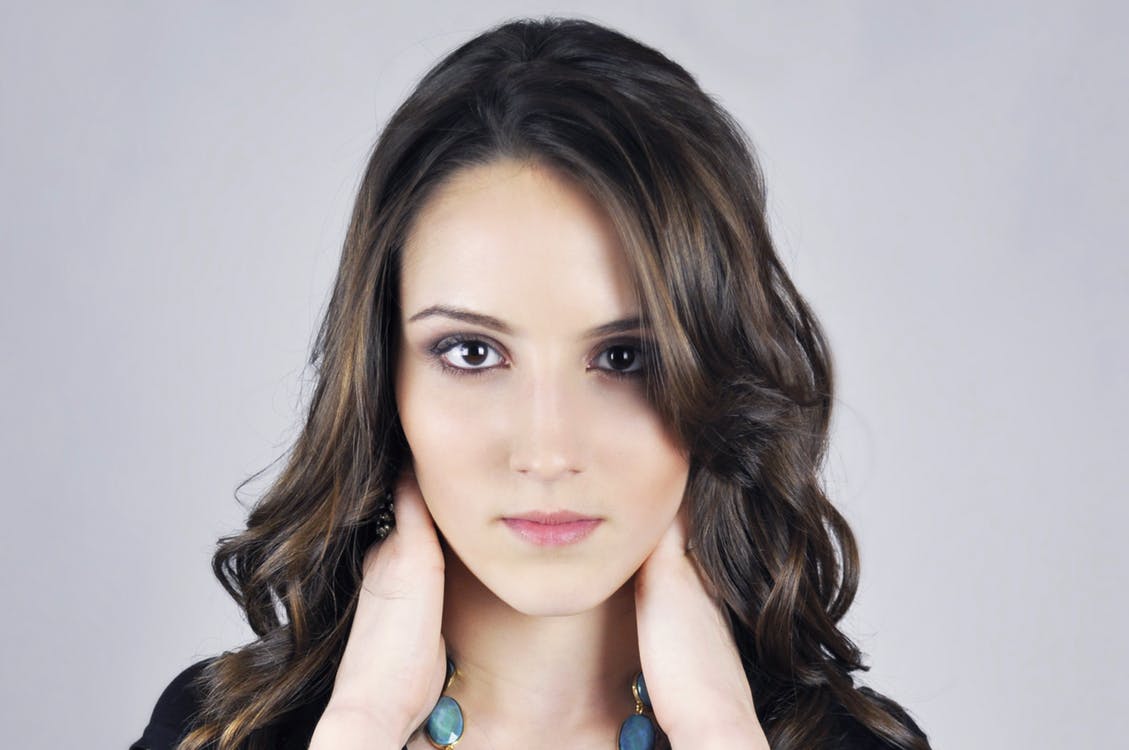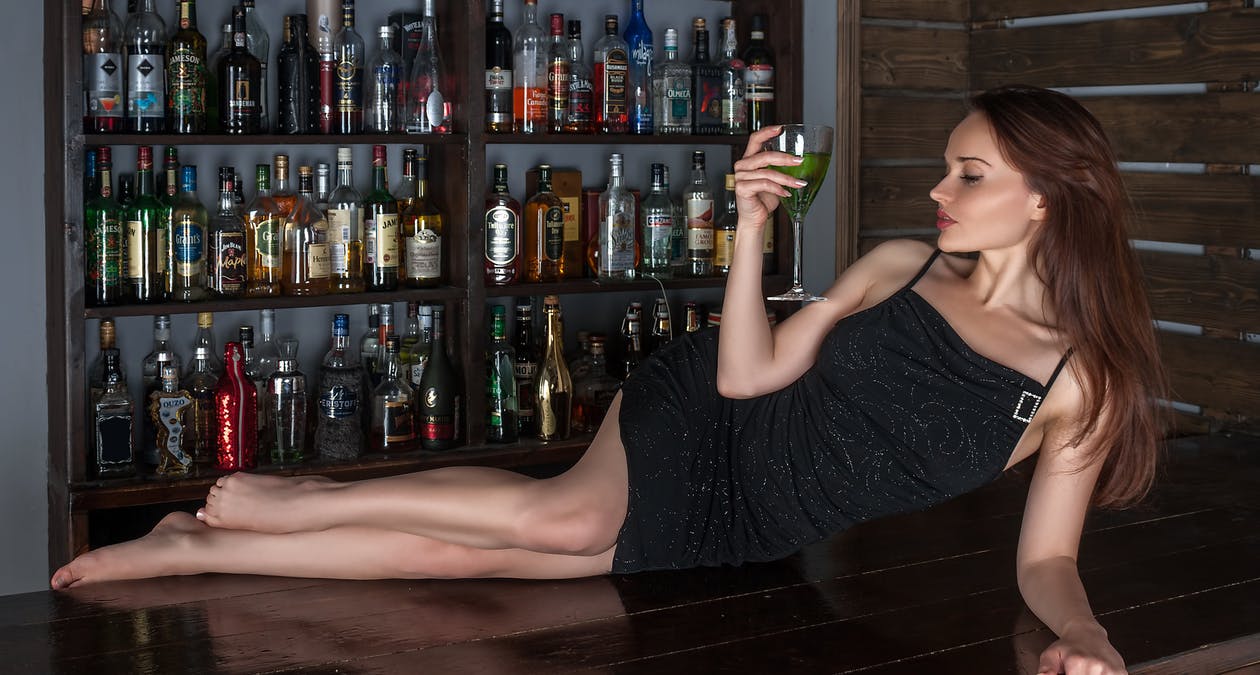Bulgarian wedding traditions and customs: What to expect

Bulgarian weddings are a true celebration of love, family, and tradition. Steeped in rich cultural significance, these ceremonies are full of unique customs and rituals that have been passed down from generation to generation. From stunning traditional attire to delicious feasts, every aspect of a Bulgarian wedding is infused with meaning and symbolism. In this article, ukrnetia.com takes you on a journey through the fascinating world of Bulgarian wedding traditions and customs. Get ready to discover everything you need to know about what it’s like to attend one of these beautiful celebrations!
Traditional Bulgarian wedding attire: Exploring the stunning costumes and symbolic elements
Bulgarian wedding attire is a beautiful and intricate part of the ceremony, reflecting the rich cultural heritage of Bulgaria. The bridal gown is typically white or ivory, adorned with ornate embroidery and lace. It’s also customary for the bride to wear a floral crown on her head.
The groom’s outfit consists of a black suit with a white shirt and tie, paired with patent leather shoes. However, there are variations in different regions of Bulgaria that incorporate traditional elements unique to each area.
One such example is the “brodats,” which are colorful embroidered vests worn by Bulgarian men during weddings. These vests display intricate designs featuring symbols like birds and flowers that represent fertility and prosperity.
Read also: Bulgarian women and their views on gender roles in a relationship
Another tradition involves tying red ribbons around the waistbands of both the bride and groom’s outfits as well as their guests’ clothes. This custom symbolizes good luck and wards off evil spirits during the wedding festivities.
Traditional Bulgarian wedding attire showcases an exquisite blend of elegance, symbolism, and cultural identity that sets it apart from other wedding traditions around the world.
Pre-wedding rituals and customs: From matchmaking to engagement traditions
Bulgarian weddings are steeped in tradition, and the pre-wedding rituals and customs play a significant role in building excitement and anticipation for the big day. The process of matchmaking begins with the boy’s family seeking out a suitable match for him. Once they find someone they like, they send matchmakers to visit her family.
If both families agree that their children would make a good couple, an engagement ceremony follows where gifts such as jewelry or clothing are exchanged between the families of the bride and groom-to-be. This is also when the date of the wedding is set.
In many Bulgarian villages, it’s customary for women to gather together to prepare traditional recipes such as banitsa (a cheese-filled pastry), which will be served at various events throughout the wedding festivities.
The night before the wedding day sees another ritual taking place – known as “the making of bed”. A group of women come together to decorate and prepare newlyweds’ bed with flowers, ribbons or other decorative items while singing traditional songs wishing them love, happiness and prosperity.
These pre-wedding rituals help bring friends and family closer together while honoring longstanding Bulgarian traditions.
The role of family in Bulgarian weddings: Understanding the importance of family ties
Family is a central aspect of Bulgarian culture, and this is especially evident in the country’s wedding traditions. From the earliest stages of planning to the final moments of celebration, family plays a critical role in every aspect of a Bulgarian wedding.
One key way that family involvement manifests itself is through matchmaking. In Bulgaria, it is often parents or other relatives who set up introductions between potential partners. This ensures that individuals are well-matched not only in terms of their own preferences but also with respect to their families’ social status.
Once an engagement has been established, both sets of families come together to plan the wedding celebration. It is typical for parents to contribute financially towards the event as well as take on specific tasks such as preparing food or decorating.
During the ceremony itself, family members play important roles in supporting both bride and groom. For example, it is common for close relatives like siblings or cousins to act as witnesses during various parts of the service.
These customs demonstrate how deeply rooted familial ties are within Bulgarian society. By involving multiple generations and extended family members at every stage, weddings become not just celebrations of love but also opportunities for communities to come together and honor longstanding traditions.
Traditional Bulgarian wedding ceremonies: A step-by-step guide to the rituals and symbolism
Bulgarian weddings are steeped in tradition, and the wedding ceremony itself is a beautiful reflection of that. The ceremony typically takes place in a church, where the couple will exchange vows and rings while standing on a decorated rug.
During the ceremony, several rituals take place that have deep symbolic meaning. One such ritual involves the couple exchanging crowns that are linked together by a ribbon. These crowns represent the couple’s commitment to each other as king and queen of their new family unit.
Read also: A beginner’s guide to dating Bulgarian women
Another significant aspect of Bulgarian wedding ceremonies is called “stepping on glass.” At some point during the ceremony, the groom will step on a glass or ceramic object to symbolize his willingness to protect his bride from any harm or negativity that may come their way.
The marriage certificate signing is also an important part of Bulgarian wedding ceremonies. After completing this step, newlyweds often release two white doves into the sky to symbolize love and peace in their future life together.
Once all formalities are completed inside the church, it’s time for celebrations! Guests shower newlyweds with rice or petals outside before heading off to enjoy traditional food and music at reception venues nearby.
Bulgarian wedding traditions: From the “Bread Dance” to the breaking of the glass
Bulgarian weddings are full of fascinating traditions, and the “Bread Dance” is one of the most significant. During this ritual, the bride and groom step on a specially prepared loaf of bread together. This symbolizes their unity in marriage and their shared responsibility to provide for each other.
Another tradition that you may witness at a Bulgarian wedding is the breaking of the glass. Similar to Jewish wedding customs, this is done after the ceremony as a way to ward off evil spirits. The couple must work together to break it into pieces, which represent how many years they will be happily married.
In addition to these unique rituals, Bulgarian weddings also feature plenty of traditional music and dancing. Guests often perform folk dances such as horo or rachenitsa while wearing colorful costumes adorned with intricate embroidery.
Food plays an important role in Bulgarian weddings too! Expect delicious dishes like banitsa (a savory pastry made with cheese), kavarma (meat stew) and shopska salad (cucumbers, tomatoes, peppers topped with feta). Let’s not forget about rakia – Bulgaria’s national alcoholic beverage – which will flow freely throughout the celebrations!
If you attend a Bulgarian wedding you’re sure to experience plenty of interesting traditions that reflect centuries-old customs still celebrated today!
Festive Bulgarian wedding feasts: Exploring the delicious cuisine and traditional dishes
Bulgarian weddings are not just about the ceremony and rituals, but also about the food. The wedding feast is an important part of Bulgarian culture that brings people together to celebrate love and happiness.
At a traditional Bulgarian wedding feast, guests can expect an array of delicious dishes prepared with fresh ingredients from local farmers. It’s common for the menu to include roasted meats such as lamb or pork, grilled vegetables, salads made with cucumbers and tomatoes, and hearty soups.
One popular dish that you might see at a Bulgarian wedding is banitsa – a savory pastry made with layers of phyllo dough filled with cheese and sometimes spinach or meat. This dish is often served as an appetizer or side dish during the meal.
Another staple of Bulgarian cuisine that often appears at weddings is kavarma – a stew made with slow-cooked meat (usually pork) mixed with vegetables like bell peppers, onions, carrots, and mushrooms. Kavarma has its roots in rural cooking traditions but has become a popular comfort food throughout Bulgaria.
No Bulgarian wedding feast would be complete without rakia – a strong distilled spirit made from fermented fruit (usually grapes). Rakia is typically served straight up in small glasses alongside the meal to toast to health and happiness.
Attending a Bulgarian wedding means experiencing some amazing culinary delights amidst all the celebrations!
Modern twists on Bulgarian weddings: Blending tradition with contemporary trends
As Bulgarian society continues to evolve, so too do wedding traditions and customs. While many couples still choose to follow traditional practices, modern twists are becoming increasingly popular. From incorporating western-style dresses and suits into the attire to using social media to document the big day, contemporary trends are being blended with age-old rituals.
Read also: Tips for a successful proposal to a Bulgarian woman
Despite these changes, however, family remains at the heart of Bulgarian weddings. The close-knit ties that bind relatives together are celebrated in both pre-wedding events and during the ceremony itself. And while some aspects may have evolved over time – such as the inclusion of alcohol in post-ceremony celebrations – others remain steadfastly constant.
There’s no doubt that a Bulgarian wedding is a truly unique experience steeped in cultural significance. Whether you’re attending as a guest or planning your own nuptials, understanding these traditions can only enhance your appreciation for this wonderful celebration of love and family ties.


